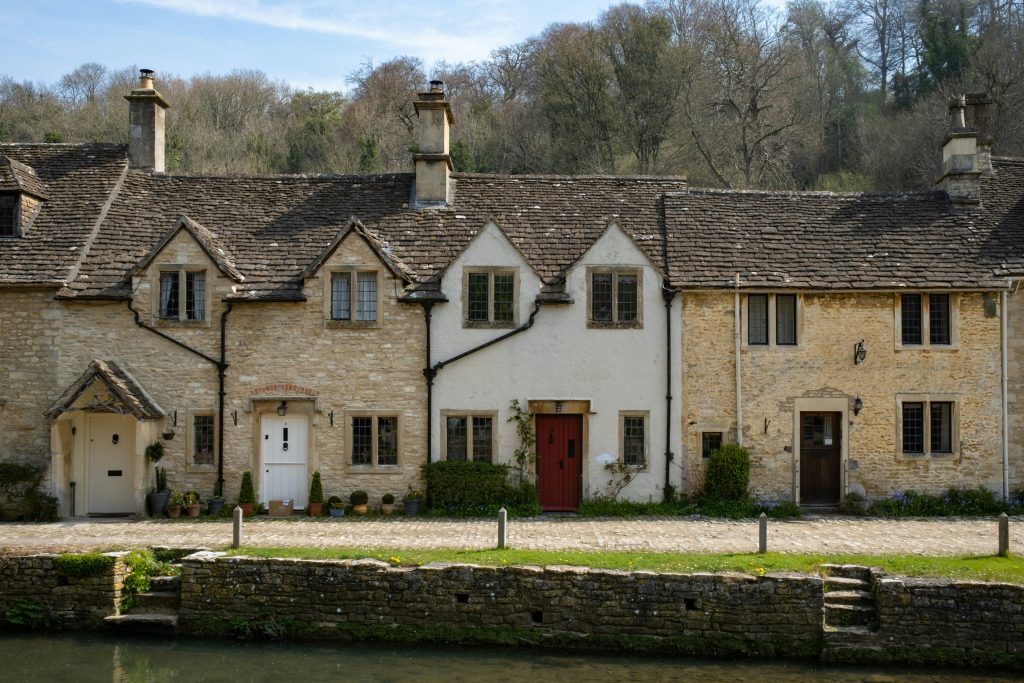Investing in a buy-to-let property in Scotland can be a smart and profitable move, but it requires careful planning and research. From choosing the right purchase structure to understanding tax implications, here’s everything you need to know to make an informed decision.
Choosing the Right Purchase Structure
Your first decision is whether to purchase the property as an individual or through a limited company. This choice largely depends on your personal income and tax situation. Purchasing through a limited company might offer tax benefits but often comes with higher interest rates on mortgages and additional administrative costs. Consulting with a financial advisor can help determine the best structure for your circumstances.
Understanding Tax Implications
In Scotland, you will pay the Land and Buildings Transaction Tax (LBTT) instead of Stamp Duty when purchasing a property. It’s essential to familiarise yourself with all applicable taxes to ensure compliance and optimise your investment returns. For instance, income tax on rental income varies based on whether the property is owned personally or by a company.
Securing Funding
Ensure you have sufficient funds to cover the purchase, whether through cash or a mortgage. Collaborate with a mortgage broker to find the best financing options available. Remember to include additional costs such as legal fees, compliance costs, and furnishing expenses in your budget.
Researching the Market
Selecting the right area to invest in is crucial. Consult with local letting agents to understand the rental market and identify high-demand areas. Areas undergoing regeneration or with new corporate developments often present lucrative investment opportunities. Popular districts in Glasgow, for example, offer diverse options and attractive rental yields.
Consulting with Experts
Working with a trusted local agent and financial advisor can provide invaluable insights. These professionals can help you navigate the complexities of property investment and ensure you make well-informed decisions. Their expertise can guide you in setting a realistic budget and target yield, factoring in all potential costs.
Planning Your Investment Strategy
Before diving into property investment, consider your long-term goals. Are you looking for additional cash flow, or do you plan to expand your property portfolio? Do you prefer being a hands-off investor? Answering these questions will help shape your investment strategy and guide your decision-making process.
Maximising Rental Income
Minimising void periods is essential for maximising your rental income. A property sourcing service can help by pre-screening tenants before the property is even purchased. This proactive approach ensures your property generates rental income immediately after completion, reducing the risk of costly void periods.
Navigating Company Buy-to-Let Mortgages
If you opt for a company buy-to-let mortgage, be aware that these generally come with higher interest rates. Additionally, you’ll need to hire an accountant to manage your annual accounts and obligations to Companies House. These added costs should be factored into your investment strategy.
Why Invest in Glasgow?
Glasgow offers some of the best rental returns in the UK, making it an attractive option for buy-to-let investors. With a population of over 600,000, Scotland’s largest city boasts strong demand for rental properties. Key areas to consider include:
- G3 (Garnethill and Yorkhill): Affordable purchase prices and high renter demand due to proximity to the West End. Average rental yield: 5-6%.
- G31 (Dennistoun): Undergoing regeneration with excellent transport links. Average rental yield: 6%.
- G41 (Kinning Park and Shawlands): Popular due to new corporate developments and trendy amenities. Average rental yield: 4-5%.
Calculating Rental Yield
Understanding how to calculate rental yield is crucial for evaluating the profitability of a potential investment. The formula is straightforward:
Annual Rental Income÷Purchase Price×100
For example, a property with an annual rental income of £18,000 and a purchase price of £300,000 has a rental yield of 6%.
Considering Additional Costs
When investing in property, it’s important to account for all associated costs to avoid unexpected expenses. Key costs include:
- Land and Buildings Transaction Tax (LBTT)
- Professional fees
- Initial property compliance and furnishing costs
- Factor fees and buildings insurance
- Property management and maintenance fees
Landlord Responsibilities
As a landlord, you are responsible for various ongoing costs, such as:
- Factor Fees
- Buildings Insurance
- Management Fees
- Property Maintenance
Tenants, on the other hand, are typically responsible for utilities, telecoms, council tax, and contents insurance.
Investing in a buy-to-let property in Scotland can be highly rewarding with the right approach. By carefully considering your purchase structure, understanding tax implications, securing proper funding, and researching the market, you can make informed decisions that maximise your investment returns. Partnering with experienced professionals and planning your strategy meticulously will ensure your success in the buy-to-let market.
